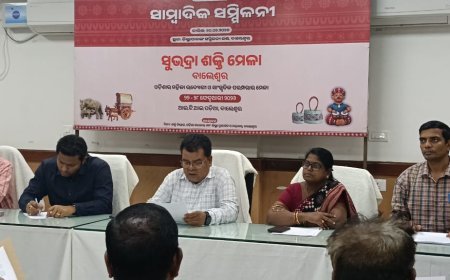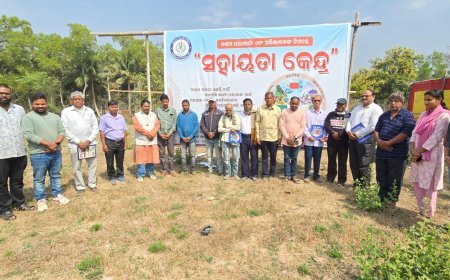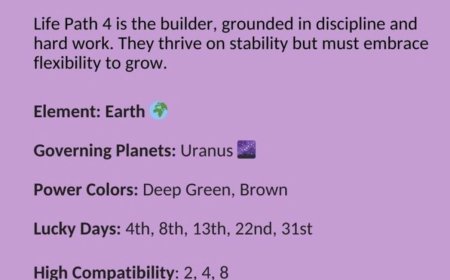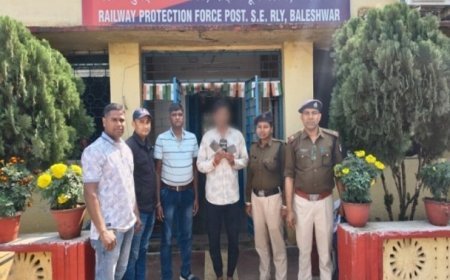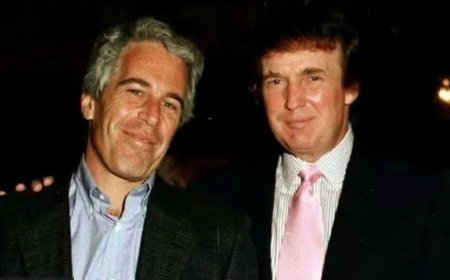Cultural Celebrations, National Identity, and the Path to Progress
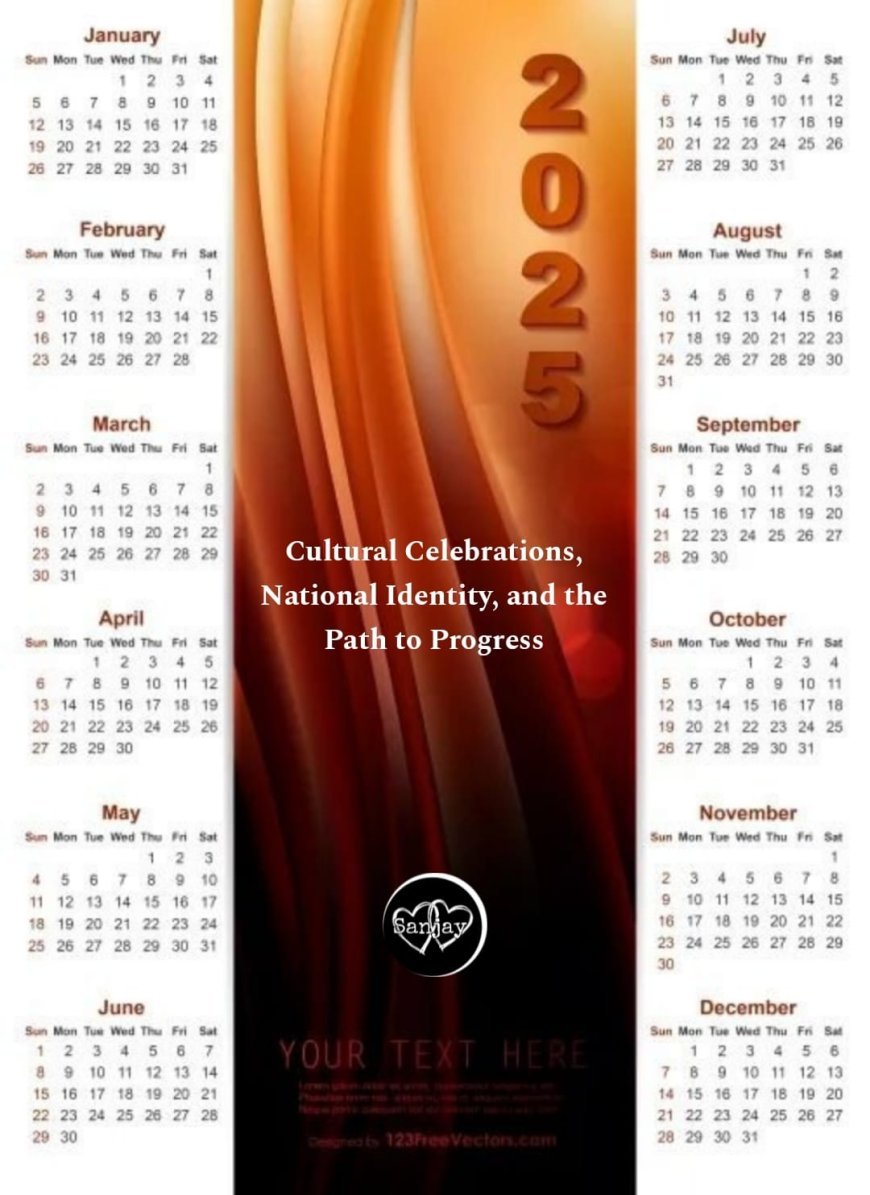
Sanjay Pattnayak Sundargarh
India, with its rich and diverse heritage, has always been a beacon of cultural vibrancy and inclusivity. Its festivals, languages, and traditions have transcended geographical boundaries, finding resonance with millions worldwide. The Indian diaspora and natives abroad often celebrate Indian festivals with hues and enthusiasm, fostering cultural exchanges that enrich global communities. A testament to this cultural proliferation is the increasing emphasis on teaching Sanskrit in educational institutions worldwide, highlighting India's intellectual and spiritual contributions to humanity.
However, amidst this celebration of culture and tradition, there lies a deeper question: how do we, as Indians, navigate our heritage while contributing to nation-building in a rapidly evolving world?
A New Year Debate: Symbolism vs Substance
The global celebration of New Year on January 1st is largely rooted in the Gregorian calendar introduced by Western colonial powers. Yet, in India, New Year celebrations are diverse, reflective of the myriad cultural calendars that coexist. For instance, the Hindu Nav Barsh, celebrated on different dates across states, marks the beginning of the year as per the Hindu calendar, deeply intertwined with astronomical and agricultural cycles.
Personally, I have never celebrated New Year on January 1st. To me, the transition from December 31st to January 1st is just another sunrise and sunset—nature’s rhythm remains unchanged. This perspective underscores a philosophical detachment from imposed cultural norms, emphasizing the essence of our indigenous traditions.
Historical Legacy: Colonial and Mughal Influences
India’s history is a tapestry of rule, from the Mughals to the British. Colonialism, spanning nearly 200 years, left indelible marks on our language, education system, and governance. Many of these elements persist today, influencing contemporary Indian society. However, the continuity of these systems reflects not only historical legacy but also the pragmatic adaptation of a nation navigating its post-colonial identity.
Hinduism vs Hindutva: A Clarification
In recent years, there has been a rising emphasis on celebrating Hindu Nav Barsh as a counterpoint to January 1st. Advocates often link this to the larger narrative of Hindutva, a political ideology that seeks to assert Hindu identity. However, it is crucial to distinguish Hinduism, a deeply spiritual and inclusive religion, from Hindutva, which is fundamentally a political construct.
Hinduism is a way of life, encompassing diverse philosophies, rituals, and practices. Hindutva, on the other hand, is a contemporary framework often employed to unite Hindus under a common political banner. While many believe there is no difference between the two, it is imperative to approach this discourse with clarity and objectivity.
The Path Forward: Nation-Building Over Divisive Narratives
As Indians, our focus should not be on the binaries of Western versus Indian, Gregorian versus Hindu, or Hinduism versus Hindutva. Instead, we must prioritize measures that contribute to nation-building. Our collective energy should be channeled towards:
1. Education: Reforming and revitalizing the education system to instill critical thinking, innovation, and cultural pride.
2. Economic Growth: Creating opportunities for all citizens, bridging the urban-rural divide, and fostering self-reliance.
3. Social Harmony: Promoting inclusivity and unity, celebrating India’s diversity as its greatest strength.
4. Global Leadership: Positioning India as a beacon of knowledge, culture, and innovation on the world stage.
Let us not be distracted by divisive narratives that polarize communities. Instead, let us embrace our heritage while striving for progress, ensuring that future generations inherit an India that is both rooted in tradition and soaring towards modernity.
In conclusion, cultural celebrations are essential as they connect us to our roots and give us a sense of belonging. However, true progress lies in transcending these discussions to address larger issues that impact the lives of every Indian. The time has come to think beyond calendars and ideologies and focus on building a nation that embodies the spirit of unity, diversity, and resilience.









